Deacon Blue frontman and broadcaster Ricky Ross has spoken about how growing up in Dundee as part of the Brethren Church presented a “simplistic” idea that the world was “good and bad”.
In an interview with The Big Scottish Book Club, being screened on BBC Scotland on December 4, the singer reveals how as a child, he’d hear people talking about “this dark sin that no one knew they had”.
However, while he takes the view that some deep-rooted religious beliefs have “probably not really helped Scotland”, he enjoyed “love and community” through his family.
Revelations in new book
During his interview, the show’s host Damian Barr reveals he had “no idea” that Ricky’s upbringing had been so religious until reading about it in his recently released book Walking Back Home.
Engaging in conversation alongside Pulitzer-prize winning writer Jennifer Egan and best-selling crime-writer Mark Billingham, Ricky reveals that he loved radio growing up.
But asked whether being Brethren meant there could be no alcohol, no lottery, no raffle tickets and no television, Ricky replies: “Well, TV was a funny one.
“My dad was quite funny about this because as you know with Protestantism it kind of sub-divides and sub-divides and people kind of go into different factions.
“It’s the same way with the Brethren.
“We were on the more liberal side if you like.
“So we did have TV.
“We didn’t have a record player, but that wasn’t out of principle.
“I think that was more bad luck really because my grandfather was also Brethren and he did have a record player.
“But, and I have to say this, the big but was none of this was really bad for me.
“I had no sense that was something that I fought against hugely because there was a real sense of love and community in my family. That probably comes out in the book.”
Memories of Mary Poppins
With no record player, Ricky’s love of The Beatles in the 1960s must have come about through his exposure to radio, he suggests.
However, his first mention of the Fab Four in the book comes when he remembers seeing the poster for one of their films – but not being able to go to the cinema to see it because Brethren were not allowed.
A rare treat came much later when his mother allowed him to see Mary Poppins while on holiday in Southport.
“It was a rainy day and my grandparents were there,” he recalls.
“My mum in a lovely kind of gesture said my sister was really keen to see Mary Poppins and we were taken to see Mary Poppins but we didn’t get to speak about it.
“Even though that night we sat and sang supercalifragilisticexpialidocious!” he laughs, adding that his father’s family had acted against “Christian repression” more than his mother’s, before his father “came back to it”.
Why did he write his memoirs?
It was Ricky’s persona as a “control freak”, however, that led him to write his memoirs.
“Various people have said to me could they write something about me?” he says, “and I thought ‘no I don’t fancy that because then I won’t really be in charge’.
“I’m a bit of a control freak for a start. And then it just happened one day that I was writing a song. It wasn’t really a song.
“It was just a bunch of words really – and quick memories – about growing up, going on a train with my grandfather, going on holiday, falling in love, falling out of love, being bullied at school – these things.
“My grandad got about two lines in the whole song. And I thought, ‘but he was a brilliant guy’!
“He was amazing, I loved him, he was my best friend. I spent so much time with him. I’m going to give him two lines in this song – is that going to be it?
“We did the song on the album – it was a spoken word piece – and then I performed it with Deacon Blue eventually.
“And eventually I thought it would be nice to spend a bit more time with him, so I just started writing in 2019 for fun. I’d maybe write 1,000 words, 1,500 words and it’s my memory.”
Who was the man stabbed in the leg?
Ricky has interviewed countless interesting people on the radio in recent years.
But what he really wanted to do was write about people that “really changed” him and made an impact on him.
He laughs about the “guy who lived around the corner from us who got stabbed in the leg”.
He never knew who he was or whether it mattered or not – but he’s “half wondered” if the person might turn up at a reading one day!
Freedom
Ricky reveals he also enjoyed writing prose, compared with the “defined” structure of song writing.
While he enjoys the “magic” of words and songs and how a sense of atmosphere can be evoked with so little, the freedom to “flesh out” material was “fantastic”.
“The idea that you don’t have to rhyme, it doesn’t have to have a tune, it doesn’t have to have a chorus – just to ramble I guess was so liberating, and also the freedom not to write chronologically,” he adds.
“I loved the fact I could say I’m bored with 1975 now let’s go to the ‘90s!”
The BBC Scotland broadcast comes less than a fortnight after Ricky Ross talked about his formative years growing up in Dundee at a special event in his home city.
In that The Courier subscribers event, held in the Counting House of publisher DC Thomson’s Meadowside headquarters, Courier editor David Clegg interviewed Ricky about everything from his early forays into music, to life on the road with the band.
The relaxed ‘fireside chat’ was followed by an audience question and answer session.
When to watch the BBC Scotland show
*The Big Scottish Book Club, Ep 6/8, hosted by Damian Barr and featuring Ricky Ross, Jennifer Egan and Mark Bellingham, airs on Sunday December 4 from 10pm to 10.45pm on the BBC Scotland channel.
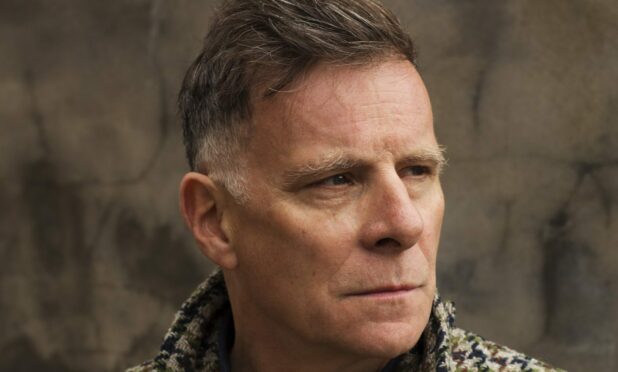
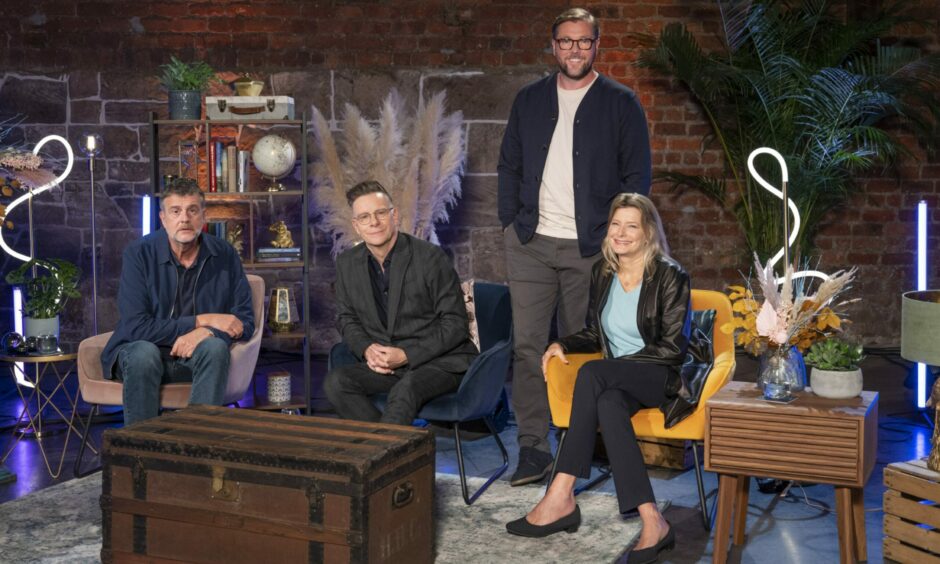
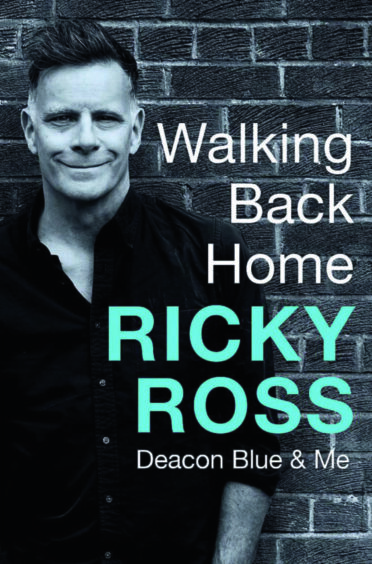

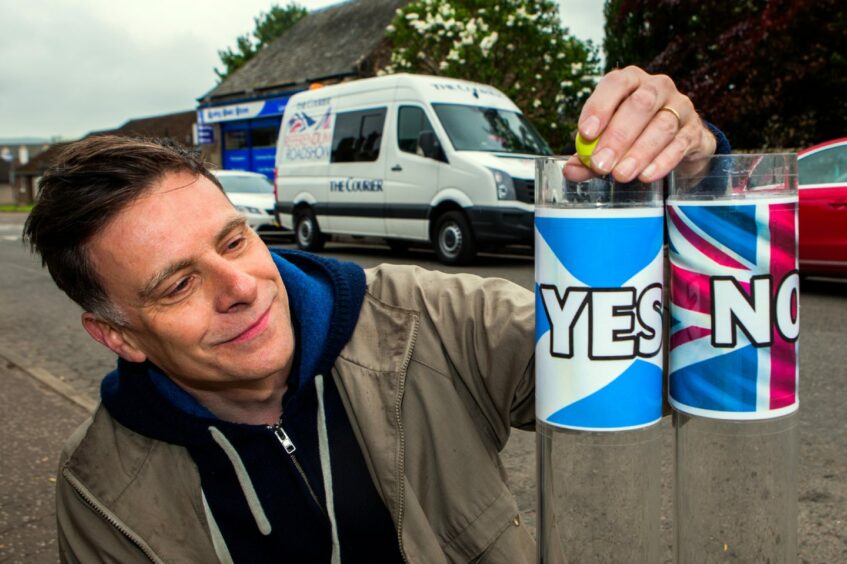
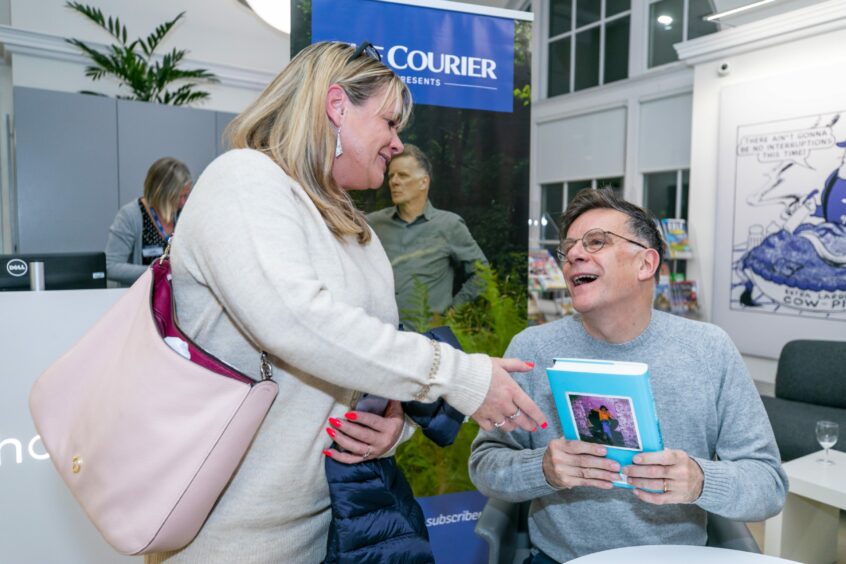

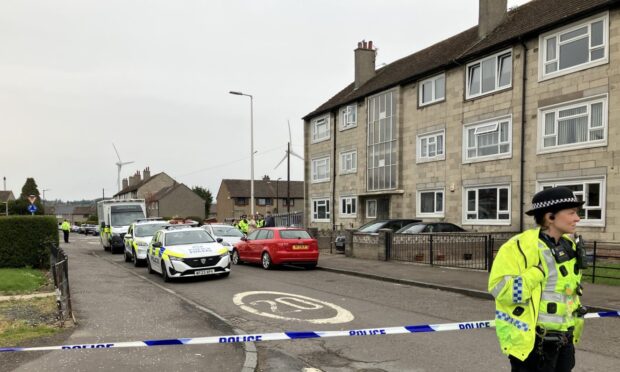
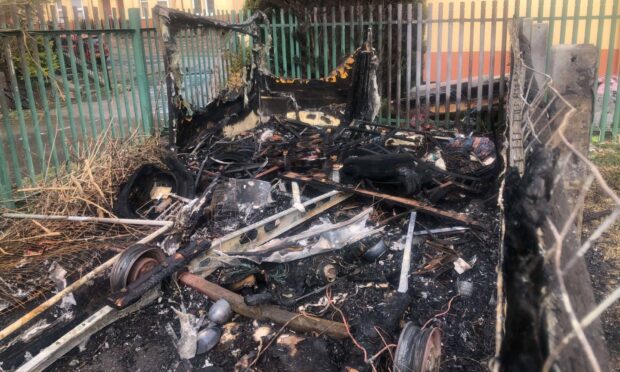
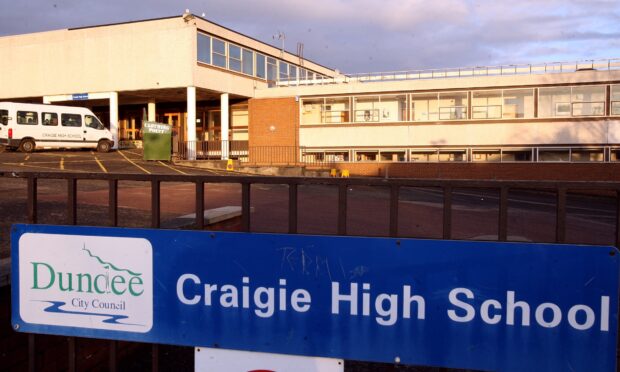
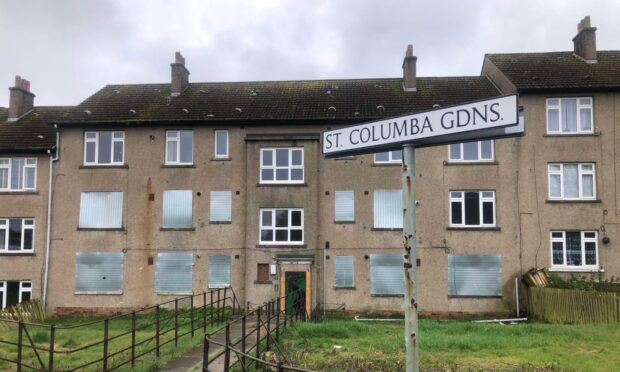
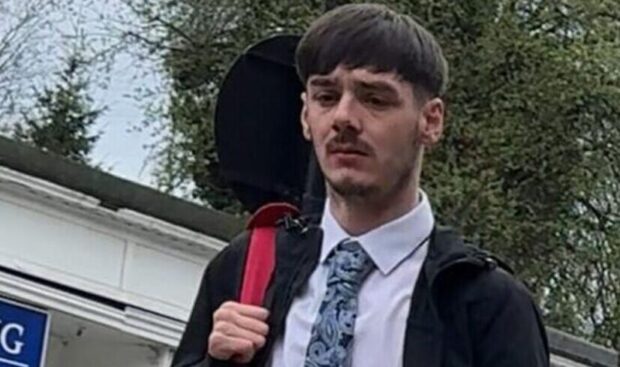
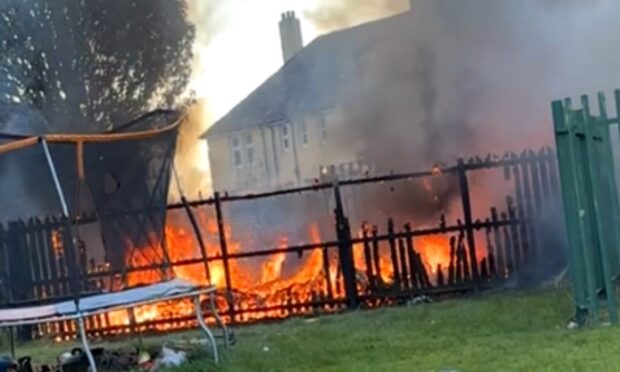

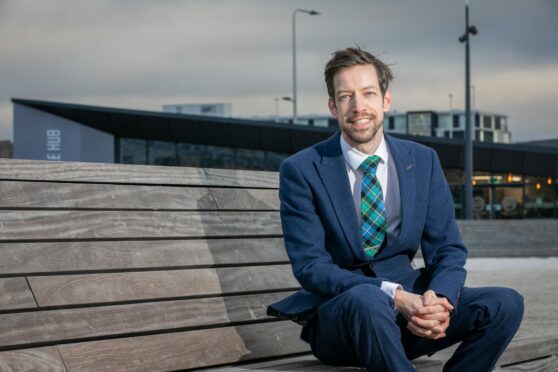
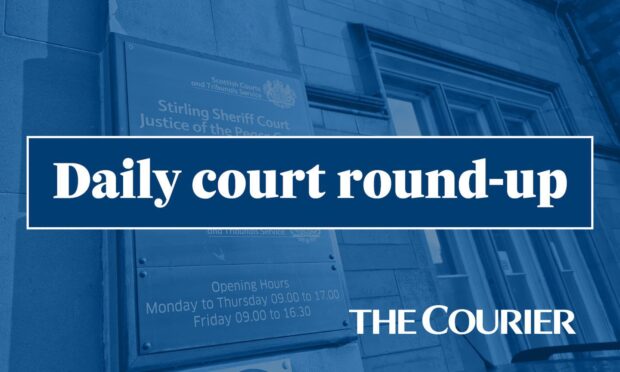
Conversation